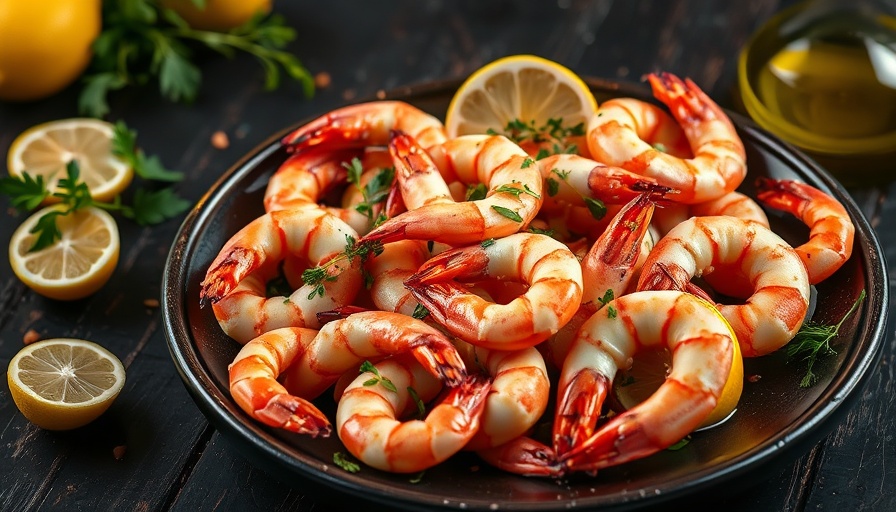
Unpacking the Myth Around Hobbies and Substance Misuse
There’s a common belief that engaging in hobbies can protect adolescents from substance misuse. In fact, it’s often assumed that positive pastimes automatically ensure that young people stay away from drugs and alcohol. However, recent studies, including a comprehensive review of data from the National Longitudinal Study of Adolescent to Adult Health, challenge this assumption. As it turns out, the relationship between hobbies and substance use is more complex than simply being a protective factor.
Why Hobbies May Not Be the Saviors We Hope They Are
A longitudinal study reports that while younger adolescents who engage in hobbies show a negative correlation with substance misuse, this trend reverses in older adolescents. The reason? As young people grow up, their hobbies could lead them to environments with greater potential for peer pressure, exposing them to substances like alcohol and marijuana. This indicates that simply promoting hobbies without addressing the surrounding social influences may not be effective in preventing substance misuse.
The Influence of Peer Dynamics on Hobbies
In younger adolescents, hobbies like learning a musical instrument or participating in structured activities offer guidance and foster a sense of purpose. However, older teenagers often branch into hobbies that provide greater autonomy, such as playing in a band or participating in team sports, which could lead them to peer-influenced environments. This transition highlights a crucial aspect: the context of the hobby matters significantly. For instance, a teenager thriving in a supportive sports team might still encounter peers who make risky choices.
Rethinking Causality: Is There More to the Story?
A critical issue with the studies is the assumption of causality—that just because teens with hobbies tend to use substances less doesn’t mean hobbies directly cause this outcome. Instead, it may be that adolescents who are already less inclined towards substance misuse are simply more likely to engage in healthy pastimes. Thus, emphasizing hobbies as a preventive measure could oversimplify a relationship influenced by various socio-economic factors, family support, and peer dynamics.
Understanding the Broader Picture of Adolescent Mental Health
Hobbies are one piece of a larger puzzle. Factors such as socio-economic status, parental involvement, and communication about substance use play significant roles in a teen’s choices. Addressing mental health issues, including anxiety disorders and depression, is crucial in preventing substance misuse amongst adolescents. Enhanced mental health education must accompany any initiatives on hobbies to genuinely safeguard young people.
Practical Takeaways for Parents and Educators
If you’re a caregiver or educator, focus on providing supportive environments that encourage healthy engagement in activities instead of simply pushing for hobby engagement. Dialogue is crucial; talk openly with teens about their interests and the potential risks of substance use. Support them in finding passionate pursuits, whether it be through arts, sports, or community service, but also keep an eye on their social circles and provide guidance on navigating peer pressures.
The Path Forward: Building Resilience and Connection
As we navigate the complexities of adolescent development, it’s essential to foster resilience. Encouraging healthy activities is important, but equally so is acknowledging and addressing the factors that could lead teens toward substance misuse. Programs that integrate mental health awareness and community support can help create a holistic approach to youth well-being.
Final Thoughts: A Call for Comprehensive Approaches
Though hobbies should be part of youth engagement strategies, they are not the panacea for preventing substance use. As parents, educators, and mentors, fostering environments that emphasize healthy habits alongside mental health support will create a more resilient generation. Remember, it’s not just about the hobbies—it's about the whole ecosystem that nurtures young minds.
 Add Row
Add Row  Add
Add 




Write A Comment